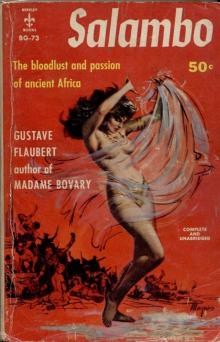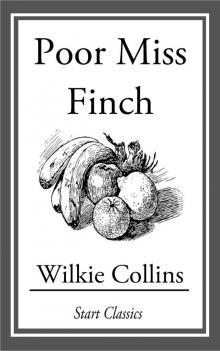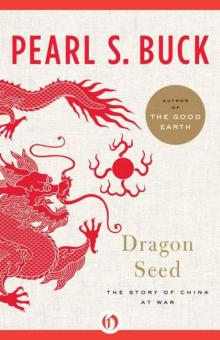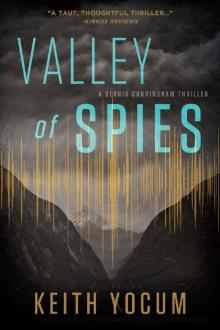Salaambo is a historical novel by Gustave Flaubert, whose vivid plot bursts with exoticism, high drama and bloody violence. We join war-torn Carthage in the third century B.C., as the city is on the cusp of the Mercenaries\' Revolt. Uncertainty pervades the once-great capital, whose finances are in disarray as a result of the lengthy Punic Wars. As it cannot pay or fulfill the promises made to mercenaries it hired, many of these mercenaries turn on the city, with the intention of claiming their dues by force. The main character is Matho, a Libyan mercenary who leads his own company in an assault against the city of Carthage. He has his eyes set not merely on gold but on a strikingly beautiful woman named Salaambo, who is the daughter of Hamilcar, one of the city\'s leading generals. However, Salaambo proves more than just a mere beauty. She seeks to confound Matho, whose wits are blinded with lust, by stealing back the Zaïmph - a sacred, jewel-encrusted veil said to protect Carthage and its people. The Zaïmph carries immense importance both patriotic and religious, however it is also foreboding; it is said all who touch it will shortly die... Written by Flaubert immediately after he finished the realistic novel Madame Bovary, Salammbo is an enthusiastic departure from gritty realism into the entirely different genre of historical exoticism. The author invested much time into painstakingly researching the surviving accounts and most authoritative histories of Carthage, which to this day is one of the less fictionalized powers of ancient times.

 Poor Miss Finch
Poor Miss Finch The Fool's Progress
The Fool's Progress Twelve Days of Christmas
Twelve Days of Christmas Dragon Seed: The Story of China at War
Dragon Seed: The Story of China at War Valley of Spies
Valley of Spies The Silver Branch
The Silver Branch Prayer for the Living
Prayer for the Living Skin Deep
Skin Deep